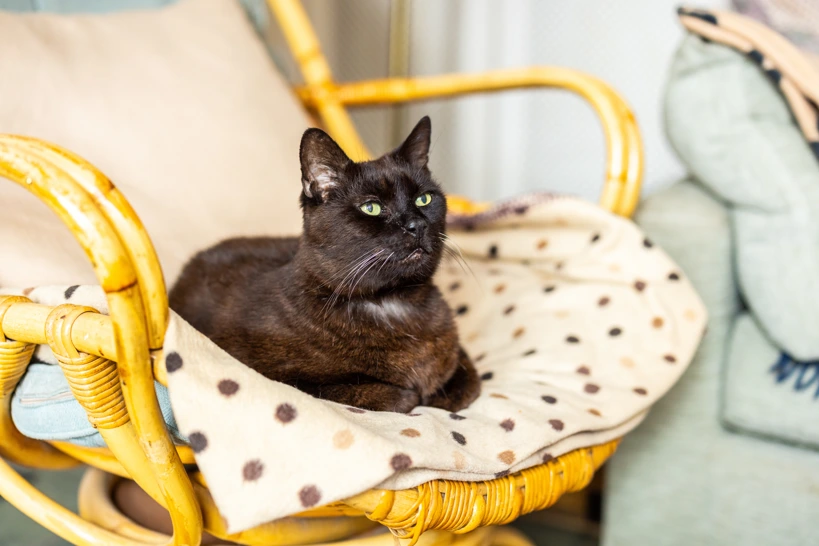While this is encouraging, 89% of social landlords who allow cats do not have policies in place requiring cats to be neutered, and 93% do not have policies in place requiring cats to be microchipped or vaccinated respectively, simple steps which ensure cats are well looked after.
Unneutered cats can have litter after litter of kittens and this can result in unwanted and stray cats in the community. The solution is a responsible and reasonable policy on cat ownership.
A pet policy covering cat ownership is simple and helps everyone know where they stand. By including conditions stating cats must be neutered, microchipped, vaccinated and treated for fleas, issues such as overbreeding can be avoided.


Download our example pet clauses to see how pets can be allowed and responsible cat ownership encouraged. Ensuring a cat is well cared for is in the best interest of tenants, landlords and cats themselves. We recommend that tenancy agreements include conditions on cat ownership to avoid any issues arising, protect the cat’s welfare and ensure everyone knows where they stand.
This includes requirements that cats are:
Neutered – a simple procedure to prevent cats from breeding. If you are on a lower income, we may be able to offer financial assistance with this
Vaccinated – to protect cats from illness and disease
Microchipped – to ensure cats can be swiftly returned home if they become lost or injured
Treated for fleas and other parasites – to keep your cat healthy and comfortable, and maintain good hygiene levels in your rented home
In 2013, Stroud District Council in Gloucestershire, having consulted with tenants, rolled out a new pet policy to its sheltered housing tenants to allow pet ownership with the permission of the Council.
Previously, tenants had been allowed to bring existing pets when moving in but were not allowed to acquire new pets. Councillor Mattie Ross felt this ignored the obvious benefits of pet ownership, particularly with tackling social isolation and improving mental health, and wanted to improve the pet policy.
The new policy allowed sheltered housing tenants to keep a pet with the Council’s permission and specified that cats must be neutered, microchipped and have up-to-date vaccinations. This new policy was a hit and in 2014 was extended to all of the Council’s social housing tenants. The requirement for cats to be neutered has helped prevent problems with multi-cat households and stray cats and feral cat colonies.
Cats make fantastic pets and can thrive in many types of homes. From cosy flats to houses with gardens, the right match depends on the individual cat’s personality and needs. While many cats will enjoy having access to the great outdoors, others may be better suited to indoor living, making them ideal for flats or homes without gardens.
Cats who are blind, deaf or have some other disability may be best kept as indoor cats, while other cats with certain illnesses can lead happy, contented lives indoors.